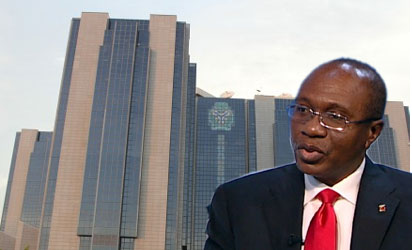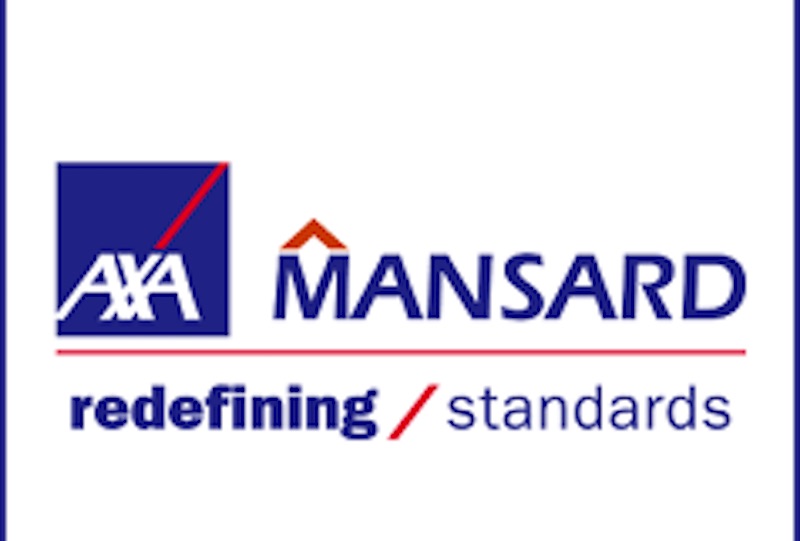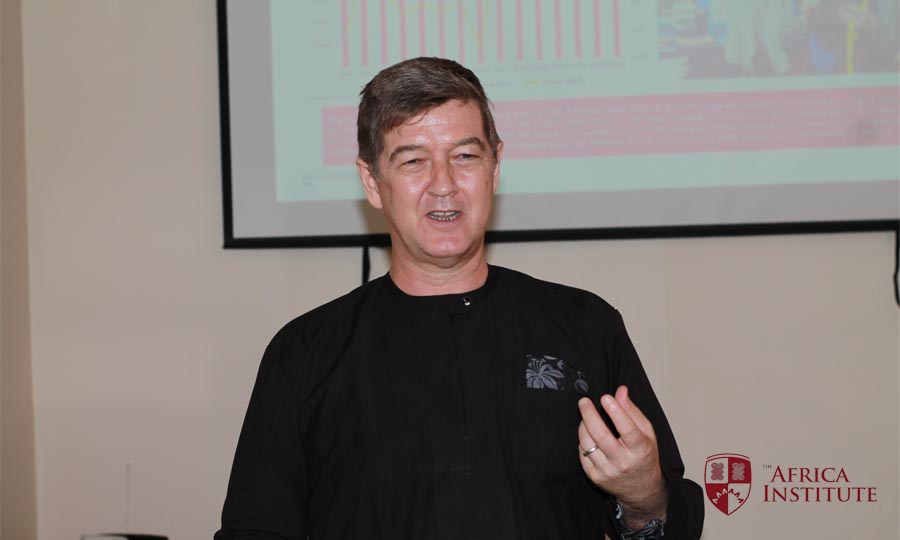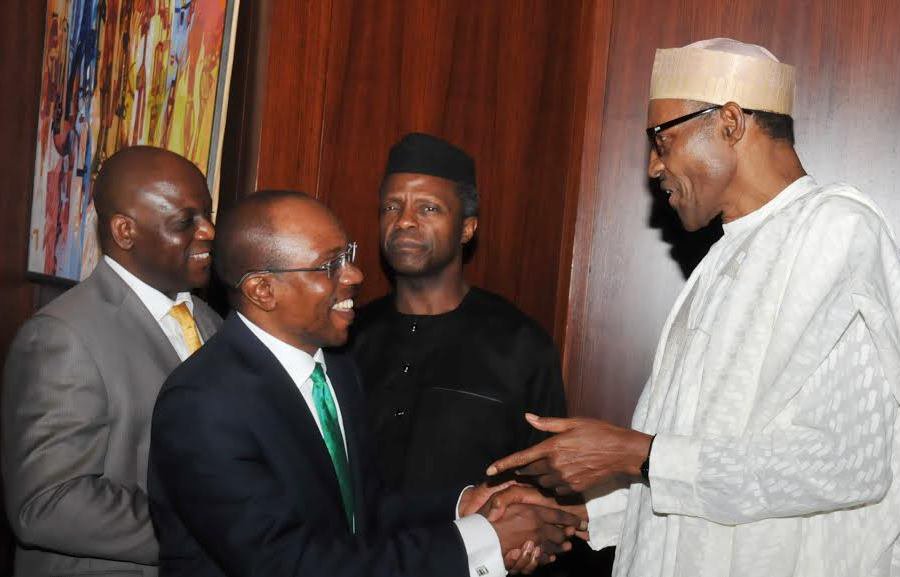Faced with the dilemma of (1) maintaining an accommodative monetary stance to stimulate economic growth or (2) hiking interest rates to tame rising inflationary pressures, the Monetary Policy Committee (MPC) voted to hold all key parameters constant.
However, unlike the previous meeting where the Committee reached a unanimous decision, three members voted for an increase in the Monetary Policy Rate (MPR). In comparison, the remaining six members voted to hold. In our view, the hawks who voted for a hike in MPR believe that the CBN needs to move swiftly to tighten monetary conditions to suppress inflationary pressures and restore stability in the external sector. We note that no material changes were made to the MPC’s statement except for Unemployment’s introduction as a critical concern to be addressed.
On domestic growth: In line with our expectation, the Committee expressed that the moderate recovery in output in Q4-20 was mainly due to the positive impact of the several monetary and fiscal policy measures implemented to reflate the economy. Accordingly, they expressed that benign monetary conditions are still needed to consolidate further, the weak growth achieved in Q4-20. We align with the Committee given the recent rally in oil prices and optimism around the administration and effectiveness of COVID-19 vaccines. Hence, we expect the growth momentum to be sustained in Q1-21, and we forecast a growth rate of 0.94% y/y with a full-year GDP growth rate of 2.75% y/y.
On Inflation: In line with its narrative in the last two meetings, the Committee reiterated its concern that supply-side factors remain the predominant drivers behind the inflationary pressure. In particular, the Committee expressed that the security challenges in the food-producing regions have continued to limit the gains associated with the CBN’s interventions in the agricultural sector, resulting in a shortage of food supplies to the market. Accordingly, the Committee emphasised the need for urgent fiscal measures to support productive ventures to improve aggregate supply and push down prices.
Experts at Cordros Capital, who spoke to our correspondent, said baseline expectation is for the inflation rate to continue its uptrend till the end of Q2-20. We now expect the domestic prices to peak at 19.25% y/y in June 2021 before moderating marginally over the rest of the year largely due to the effect last year’s high base. Consequently, we now look for an average inflation rate of 18.06% y/y in 2021FY (2020FY: 13.21% y/y).
On Foreign Exchange: In response to Bloomberg’s recent report that the country has adopted a floating exchange rate system, the Central bank Governor clearly stated that the CBN had not changed its foreign exchange rate framework. He further affirmed that the country would continue to adopt a managed floating exchange rate system. To this end, the CBN will continue to intervene periodically across various FX market segments. The Committee expects the rally in crude oil prices, policies on diaspora remittances, and non-oil export promotion to drive accretion in the external reserve, which would improve FX liquidity.
A summary of Cordros’ View showed amongst others that “The Committee expressed that they were faced with the dilemma of cutting interest rates to stimulate output growth and hiking interest rates to rein-in inflationary pressures. On loosening monetary policy, the Committee felt that this would improve the credit flow to the private sector, reduce employment and reduce the output gap. However, such a move will amplify system liquidity and fuel exchange rate pressures with a spillover effect on Inflation. On the need to tighten, the Committee believed that it would help tame inflationary pressures. However, it will constrain credit growth and dampen the economy’s fragile recovery. On a balance of factors, the Committee believed a HOLD decision was the optimal decision at this time.”
Continuing, Codros averred that “In line with our expectation, the Committee urged the apex bank to sustain the use of its secondary “toolbox” such as the CRR debits, LDR and direct intervention in the agriculture and manufacturing sectors to manage system liquidity and reduce the output gap at the same time. Although the meeting’s outcome is broadly in line with market expectations, we note that the Committee softened its dovish tone due to its rising concerns about inflationary pressures. The preceding did not come as a surprise to us, as we believe the growing divergence from the CBN’s medium-term inflation target of 6-9% has compelled the Committee to begin a gradual realignment to its primary mandate of price stability. For us, the Committee’s decision to shift away from its hawkish stance now rests on the outcome of the Q1-21 GDP numbers.
Market Impact
Fixed Income: The MPC meeting’s outcome will not bring about any fundamental changes in the bond market’s trading pattern. We believe bond investors will continue to exhibit aversion for long-duration bonds in the near term. With inflation expectations still biased to the upside and the DMO’s plan to securitise the Ways and Means Advances still on the cards, we expect investors to continue to demand higher yields to improve inflation-adjusted returns. Based on the preceding, we think the steepening of the NGN yield curve will persist until inflationary pressures begin to dissipate in the second half of the year or a substantial reduction in the amount and frequency of domestic debt issuances by the DMO. As we draw closer to the next MPC meeting, we think investors are likely to price in a rate hike given the mild hawkish tone struck by the CBN Governor at this meeting.
Equities: Since the January MPC meeting, domestic investors have sold down their portfolios in response to the rising yields in the FI market. We expect a neutral reaction to the meeting’s outcome, given investors have already priced in the decision and do not expect a reversal in the uptick in yields. Accordingly, we think trading in the market will continue to be choppy as income investors continue to cherry-pick dividend-paying stocks. In contrast, risk-averse investors will continue to recalibrate their portfolio towards fixed income instruments. With the eagerly anticipated MPC meeting out of the way, we now expect investors’ attention to be focused on bond auction results to clarify the direction of yields in the FI market.









